The PYB Blog

The Tools Behind Your Land Survey: What Ontario Homeowners Rarely See
When Ontario homeowners think about a land survey, they often picture someone with a tripod in their yard, or maybe a long measuring tape....
Read More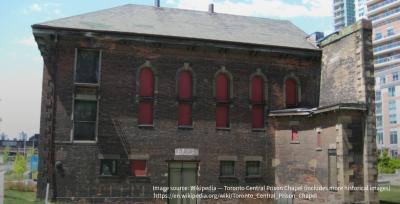
Locked Up in Liberty: When Surveys Reveal Hard Truths
Liberty Village is one of Toronto's youngest neighbourhoods....
Read More
Understanding Hidden Land Obligations: What to know before you alter your land
To many homeowners, a berm appears to be nothing more than the natural shape of the land....
Read More
When Government Land Meets Your Backyard
When someone purchases a home backing onto government property, they rarely expect a property dispute or a boundary dispute to arise....
Read More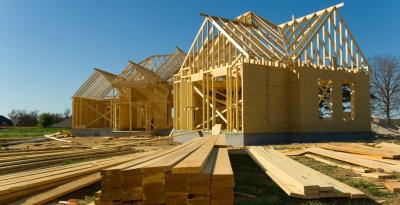
Survey Plans: The True Foundation of Your New Home Build
Most homeowners think of surveying as something that simply defines where one property ends and another property begins, but behind the scenes, surveying plays a far bigger role....
Read More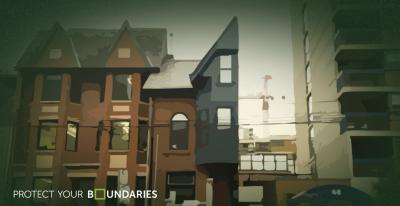
A Slice of History: Toronto’s Half House and the Power of the Paper Trail
Every so often, Toronto surprises you with a piece of history that refuses to blend into the background....
Read More
AI vs. Land Survey Plans: Why You Should Trust a Professional Instead
Every day, millions of people use advanced AI technologies to help them in their day-to-day lives, and many of these tools do an impressive job of making complex information simple and accessible....
Read More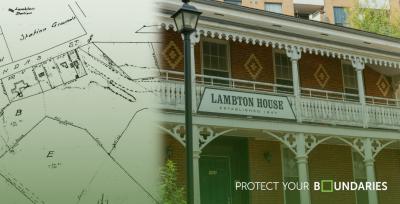
Lambton’s Past Through Old Survey Maps
There’s something fascinating about uncovering an old land survey plan, it’s like holding a time machine on paper, showing exactly how a place once looked and how it has changed over time....
Read More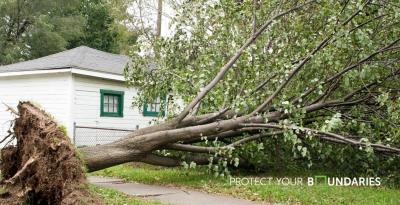
Fallen Trees on Your Property (Ontario): Who’s Responsible & How Your Land Survey Can Help
A fallen tree can be a stressful situation for homeowners....
Read More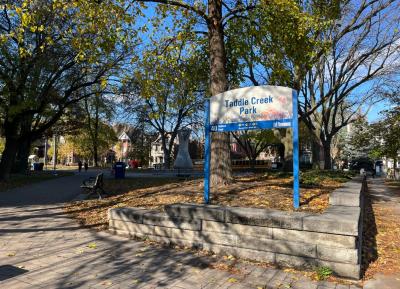
Beneath Our Feet: How Old Surveys Reveal Toronto’s Hidden Waterways
When travelling along the paved roads and concrete paths of Toronto, many people are unaware that they are closer to a river than they think....
Read More
Waterfront Properties: Do You Really Own Your Shoreline?
Waterfront properties can be some of the most beautiful and valuable real estate in Ontario....
Read More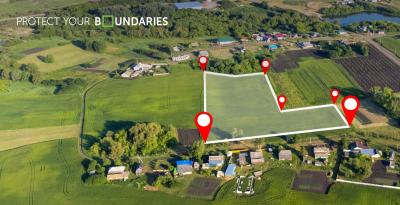
Survey Plans Made Simple: Using Protect Your Boundaries
How to Use the Protect Your Boundaries (PYB) Website At Protect Your Boundaries (PYB), we help homeowners, real estate professionals, and surveyors across Ontario access land survey plans, understand property boundaries, and uncover title risks quickly and easily....
Read More











